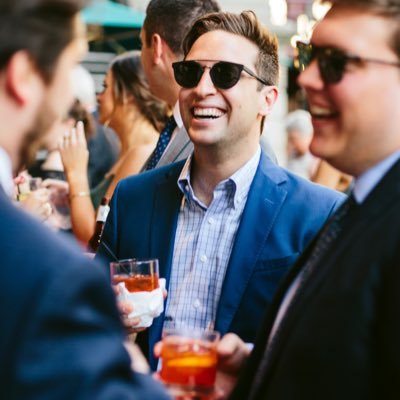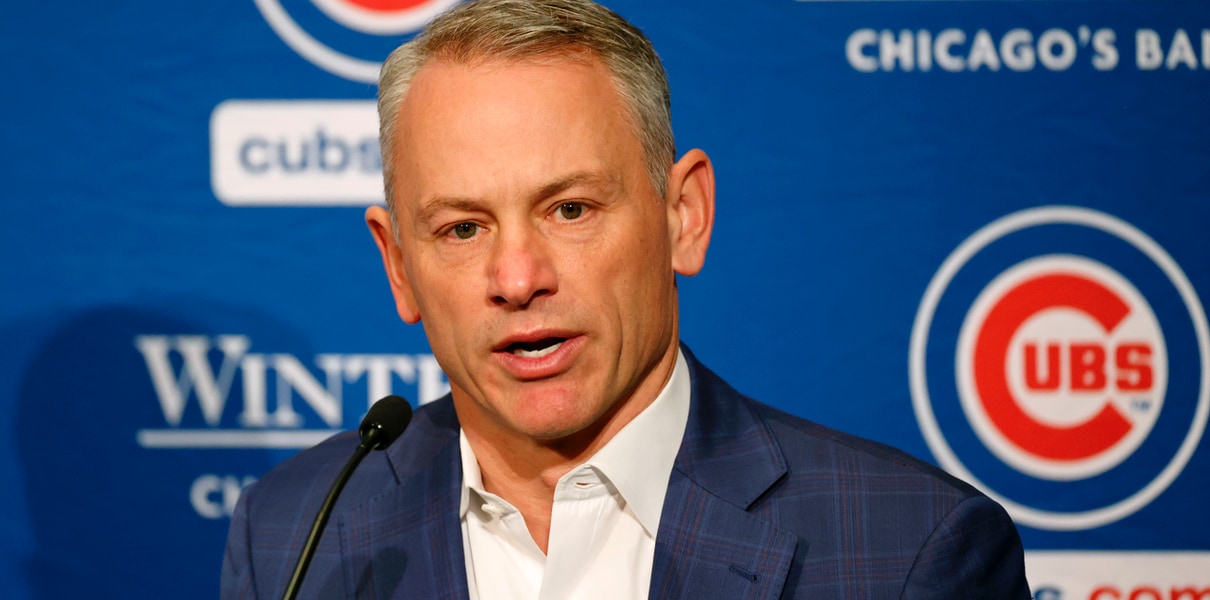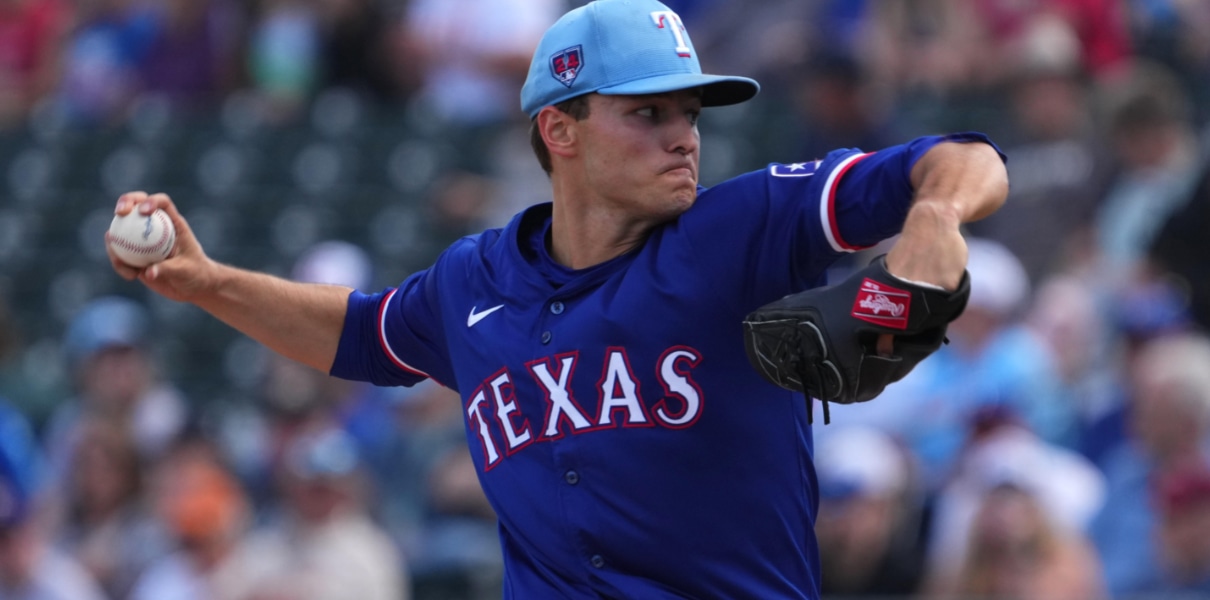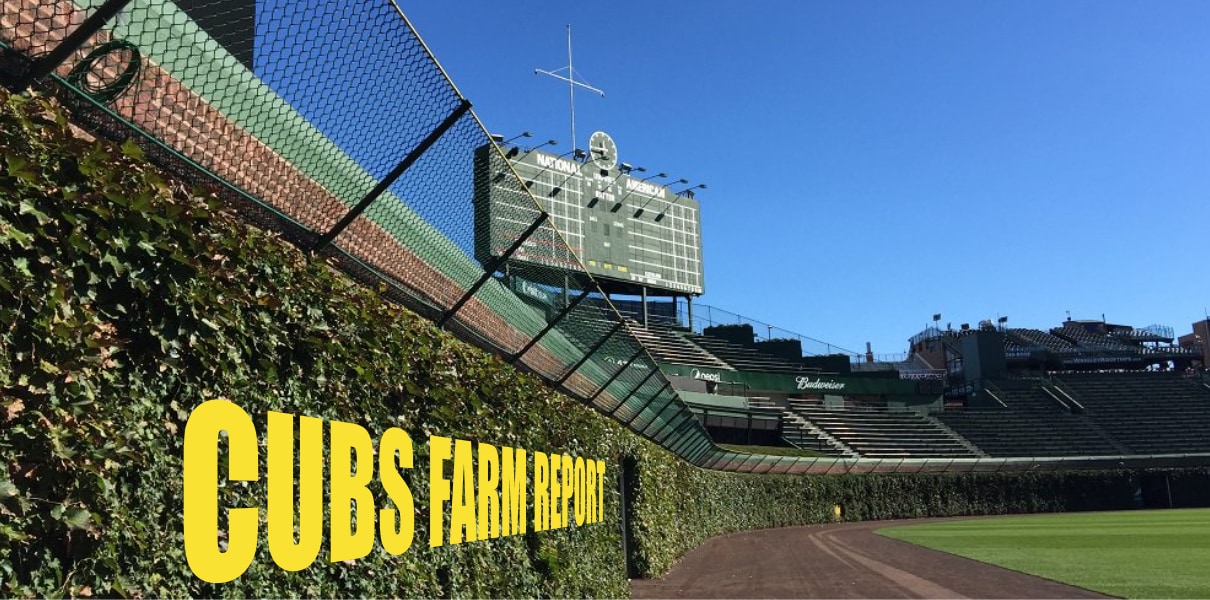
And such is the dichotomy of Andre Dawson. In his time, he was best at things that were considered the most “valuable” at the time. But spurning the reflective lenses of history, and looking at the cold, hard statistics, it is harder to say that he was one of the truly elite.
Dawson is on the HOF ballot for the ninth time this year, and we should hope that the voters can break out those historical glasses just one more time.
“Now there’s no one for me to hurdle,” Dawson said in an MLB Network interview in September. “Everyone’s behind me. I think (2010) poses the biggest window for me. I kind of, for a change, look forward to it. I can’t say that’s always been the case in the past, because the writers make sure they don’t put in more than one or two in a particular year.”
Dawson received 361 votes, or 67 percent, last year in the balloting. Rickey Henderson and Jim Rice were the only players elected for induction in Cooperstown, receiving 511 votes, or 94.8 percent, and 412 votes, or 76.4 percent, respectively.
A candidate must get 75 percent of the vote to gain election, with Dawson (67 percent), former Twins ace Bert Blyleven (62.7 percent), and closer Lee Smith (44.5 percent) standing as the top three returning vote-getters. They’re joined on the ballot this year by a group of newcomers that includes All-Star second baseman Roberto Alomar, Reds superstar shortstop Barry Larkin and Mariners designated hitter Edgar Martinez.
Results of the election will be announced on Wednesday, Jan. 6. cubs.com.
Dawson has a great shot at enshrinement this year, as he should, based solely on the class.
By almost all accounts, Dawson’s HOF ballot failures thus far prove that he was a victim of the time in which he played. When Andre was in his prime, crankin’ homers and driving in runs, nobody was talking about on-base percentage. And that worked for the Hawk, because he never met a pitch he didn’t like. That’s not to say Dawson struck out very much – he didn’t – he simply didn’t take many walks. His career high in walks? A scant, almost humorous, 44 in 1980.
Dawson performed as he was expected to: he hit the ball, hard, and he produced runs. He played top-of-the-line defense, for many years in a place (Olympic Stadium) where it was neither fun nor easy to do so.
But now that it comes time to decide if he is one of baseball’s immortals, is it fair to hold him to a standard that nobody preached when Dawson played? So his OBP sucks (career: .323). Does that mean he wasn’t one of the very best in the game when he played? Does it mean that he isn’t one of only six players in history to have 300 homers and 300 stolen bases? Does it mean that he doesn’t have more extra base hits than anyone in baseball history who isn’t in the HOF? Does it take away his eight All Star appearances or his eight Gold Gloves?
Andre Dawson was a Hall of Famer when he played. How could he not be a Hall of Famer now?































